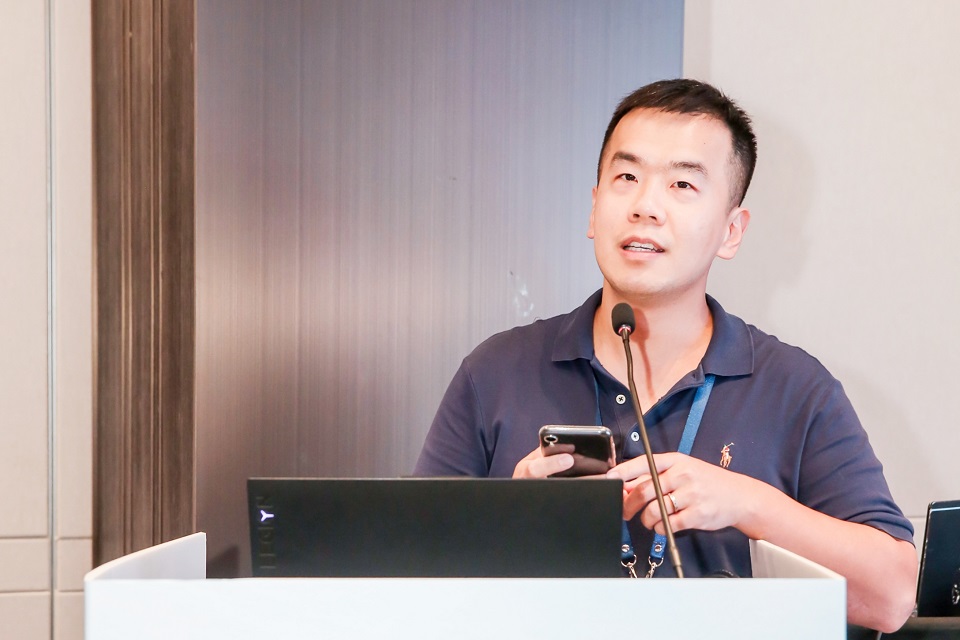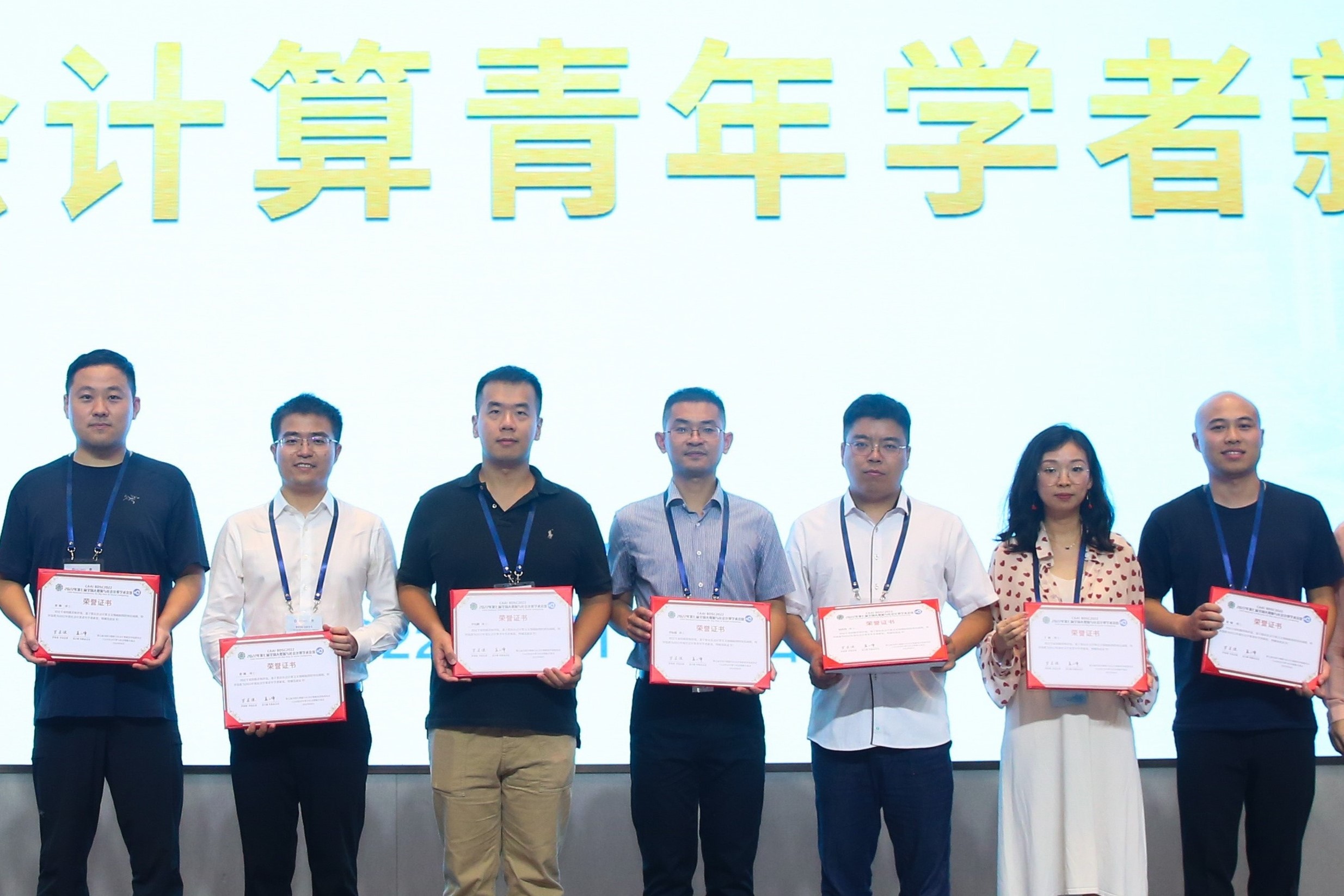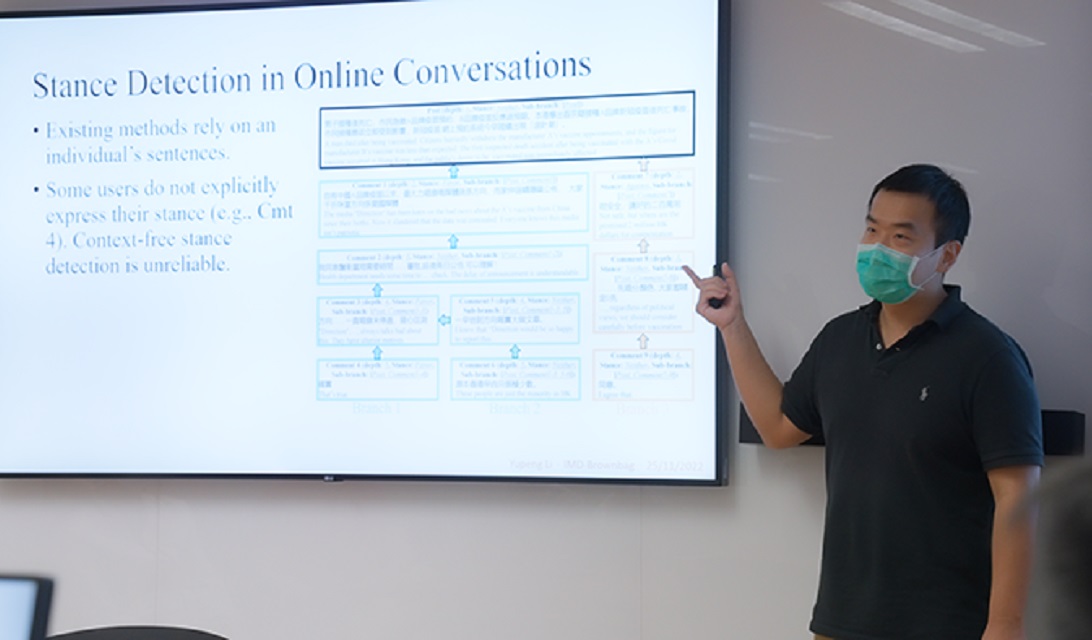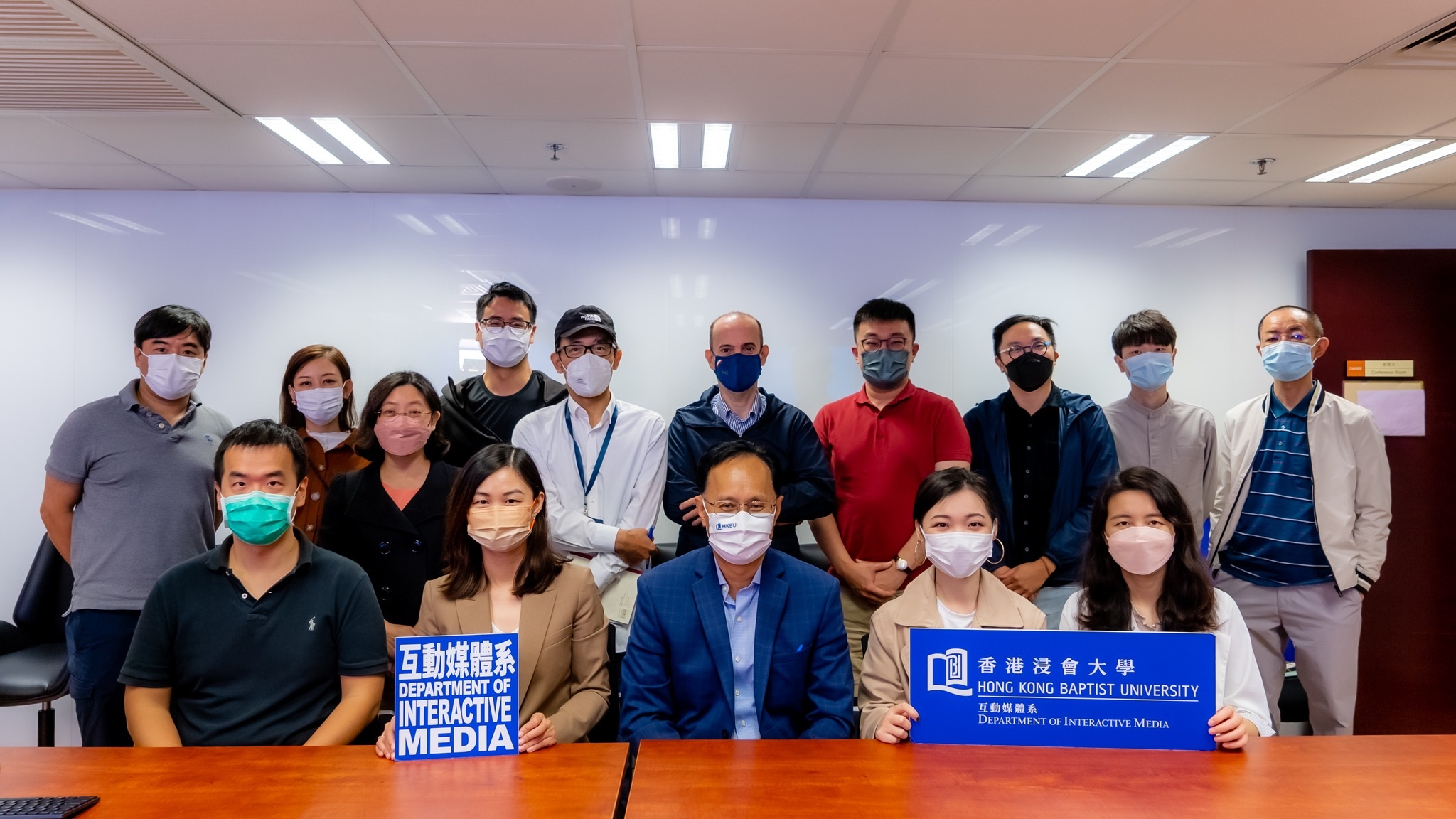Discover HKBU
Using social computing to solve problems with social impact
28 Dec 2022
In the higher education world today, it has become common practice for scholars from different disciplines to come together for the purposes of research and collaboration. For academics in all stages of their careers, HKBU appeals as being an ideal place to conduct interdisciplinary discussion, exploration, and discovery of new knowledge. Dr Li Yupeng, Assistant Professor at the Department of Interactive Media in the School of Communication, is among them. “HKBU and its School of Communication are well known for their strength in interdisciplinary study and research, which is what attracted me to pursue my academic career here,” says Dr Li.
As a member of the Institute of Electrical and Electronics Engineers (IEEE) and the Association for Computing Machinery (ACM), Dr Li is an expert in trustworthy machine learning, network science, and social computing. He has worked extensively on data-driven machine learning techniques with performance guarantees. His research is focused on developing scientific solutions to address critical problems that have scientific and societal impact. For example, he has been developing algorithmic techniques to counter various threats to ubiquitous AI-enabled information and networking systems. Recently he has proposed a social computing paradigm to combat COVID-19 through using large-scale social media data that sheds light on a new framework of response to health crisis via media analysis.
Over the years, Dr Li has won top academic awards and published widely in prestigious international journals and for conferences. In 2022, he was selected as one of the 10 “Rising Stars in Social Computing” by The Chinese Association for Artificial Intelligence (CAAI) and was the only awardee from Hong Kong. Award recipients are all young stars in the fields of social computing and social intelligence who have made notable and influential contributions in an interdisciplinary sense. They were invited to attend the 7th China National Conference on Big Data and Computing under the theme of “Digital Transforming and Common Prosperity”. During the conference, Dr Li was invited to give a research talk titled “Towards Understanding COVID-19 Vaccination Stances Based on Interaction Graph: A Novel Dataset and its Applications” based on a research project he carried out at HKBU.
The project concerns the Hong Kong public’s attitude towards COVID-19 vaccination and aims to understand the reasons behind vaccine hesitancy. Using big data and AI technology, Dr Li and his team constructed a large social media dataset related to COVID-19, and developed a machine learning algorithm to mine public opinions and attitudes from real-time big data regarding online social behaviours, interactions, and emotional changes. “It is our hope to provide recommendations and references to policy-makers with our social computing paradigm for formulating relevant measures to best respond to present and future health crises,” Dr Li adds.
The support that Dr Li received from HKBU has been key to the success of his research. “The emergence of the pandemic and the vaccination programme provided a great opportunity to use big data and AI to mine and understand the public’s opinions and attitudes. With the School of Communication’s and the Research Office’s backing, I feel motivated and confident to undertake this kind of interdisciplinary research,” he says.
Going forward, Dr Li plans further research into powerful and reliable machine learning techniques and social computing. He seeks to uncover more possibilities through developing and applying new computing technology into other disciplines under a framework similar to that which he created in his recent projects. He believes that HKBU is a resourceful institution with promising strategic directions that will help it develop into a global leader in interdisciplinary exchanges and research. “The interdisciplinary spirit is everywhere. Even within the Department of Interactive Media, we hold regular ‘IMD Brownbag Series’ meetings where colleagues of different backgrounds get together over lunch to socialise. This cultivates a sense of multi-disciplinary curiosity and learning that is beneficial to our own academic works.”
In mid-December, Dr Li received a new grant from the Research Grants Council to fund a project with academics in Germany. This is another fine example of how interdisciplinary research and collaboration flourish on HKBU soil.



